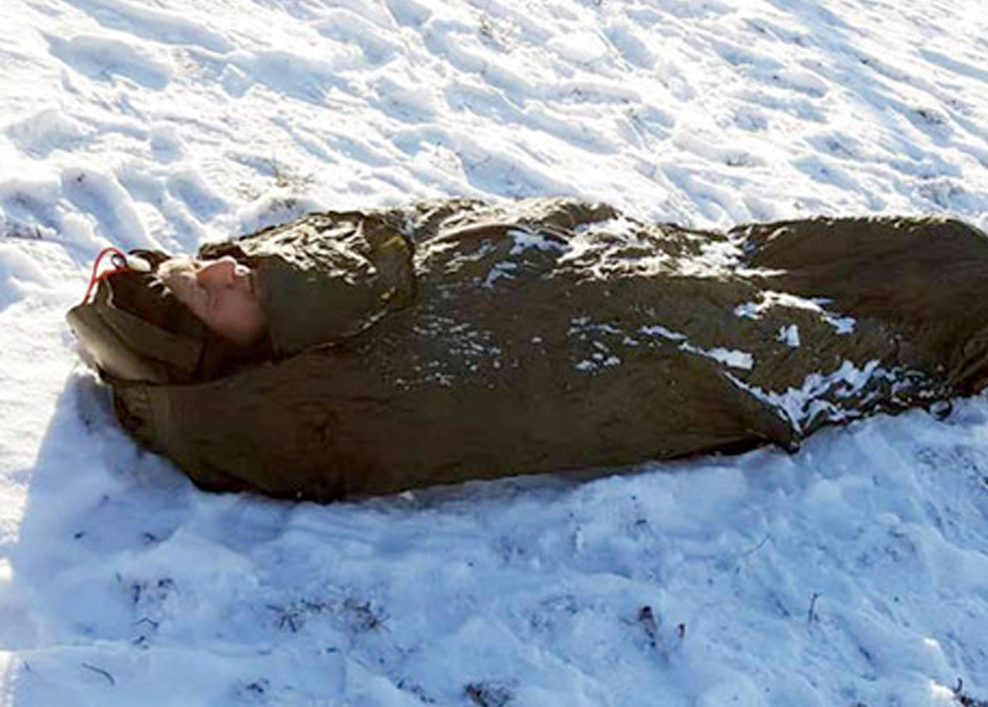
14/12/2021
The lethal triad and how to address it
Preserving life and minimising suffering is the priority in any trauma situation, but complications can make this task even more challenging, especially in dangerous or hostile environments.
Despite improvements in the standard of emergency care and the availability of innovative medical resources to treat the wounded, trauma still accounts for many deaths in action, with excessive blood loss one of the main causes. Haemorrhage and severe soft tissue injury can lead to the lethal triad of trauma – hypothermia, acidosis, and coagulopathy – which leads to a worsening of bleeding and more rapid death.
Hypothermia is widely recognised alongside Acidosis and Coagulopathy as a component of ‘the Lethal Triad’ that results in poor outcomes for trauma patients. Current literature suggests Hypothermia exacerbates the derangement of clotting pathways. This is especially significant in the context of trauma where 40% of all deaths directly result from haemorrhage. Traditionally, trauma management focuses on the treatment of acute haemorrhage, such as Haemostasis through mechanical compression or antifibrinolytic drugs, such as Tranexamic Acid. However, a heightened understanding of the lethal triad promotes the need to clinically address additional factors that result in trauma mortality to significantly improve patient outcomes. Previous research has shown increased survival rates for trauma patients in whom preventative measures were taken prior to the initiation of the downwards spiral of Coagulopathy and haemorrhage triggered by the Lethal Triad.
What is the lethal triad?
There are three elements in the Lethal Triad.
1) Hypothermia
Trauma patients are at serious risk of hypothermia due to a multitude of reasons including hypovolemic shock, traumatic brain injuries. The body's normal mechanisms to maintain a normal temperature are impaired.
2) Acidosis
Deprived of oxygen, cells burn glucose, leading to an increase of lactic acid, which enters the bloodstream in a process called acidosis. Acidosis damages tissues and organs and can reduce myocardial performance.
3) Coagulopathy
Blood clotting is a temperature and Ph dependent process, both of which are abnormal in the lethal triad. The presence of them creates a reduction in blood clotting (coagulopathy). Lack of the ability to clot will increase bleeding.
Out come if we don’t interrupt the lethal triad
As bleeding continues, the ability to maintain temperature is further reduced, a further reduction in oxygen continues to drive anaerobic respiration which increases Acidosis. Both factors continue to reduce the ability to clot which in turn drives uncontrolled haemorrhage.
Interrupting the lethal triad cycle: preventing Hypothermia in trauma patients
The early and effective management of Hypothermia is a significant step that can be taken to combat the Lethal Triad.
At TSG Associates, we have developed the Xtract™SR Heatsaver, a size and weight effective passive insulation device that will form one of the vital tools in the management and prevention of hypothermia.
The Xtract™SR Heatsaver:
- Offers effective heat retention from the moment you arrive on scene
- Can be combined with active heating solutions of your choice.
- Delivers superb efficiency due to its micro-design.
Contact TSG Associates
To find out more about the Xtract™SR Heatsaver or our comprehensive range of innovative emergency treatment and evacuation products, please get in touch with TSG Associates today.
Image Source: Unsplash








